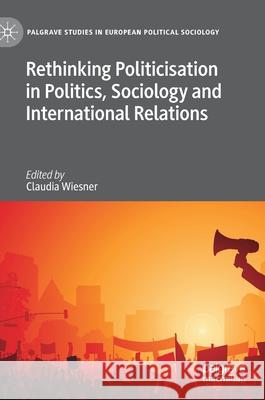Rethinking Politicisation in Politics, Sociology and International Relations » książka
topmenu
Rethinking Politicisation in Politics, Sociology and International Relations
ISBN-13: 9783030545444 / Angielski / Twarda / 2021 / 281 str.
Rethinking Politicisation in Politics, Sociology and International Relations
ISBN-13: 9783030545444 / Angielski / Twarda / 2021 / 281 str.
cena 523,30
(netto: 498,38 VAT: 5%)
Najniższa cena z 30 dni: 501,19
(netto: 498,38 VAT: 5%)
Najniższa cena z 30 dni: 501,19
Termin realizacji zamówienia:
ok. 22 dni roboczych.
ok. 22 dni roboczych.
Darmowa dostawa!
Kategorie BISAC:
Wydawca:
Palgrave MacMillan
Seria wydawnicza:
Język:
Angielski
ISBN-13:
9783030545444
Rok wydania:
2021
Wydanie:
2021
Numer serii:
000453774
Ilość stron:
281
Waga:
0.51 kg
Wymiary:
21.01 x 14.81 x 1.75
Oprawa:
Twarda
Wolumenów:
01
Dodatkowe informacje:
Wydanie ilustrowane











